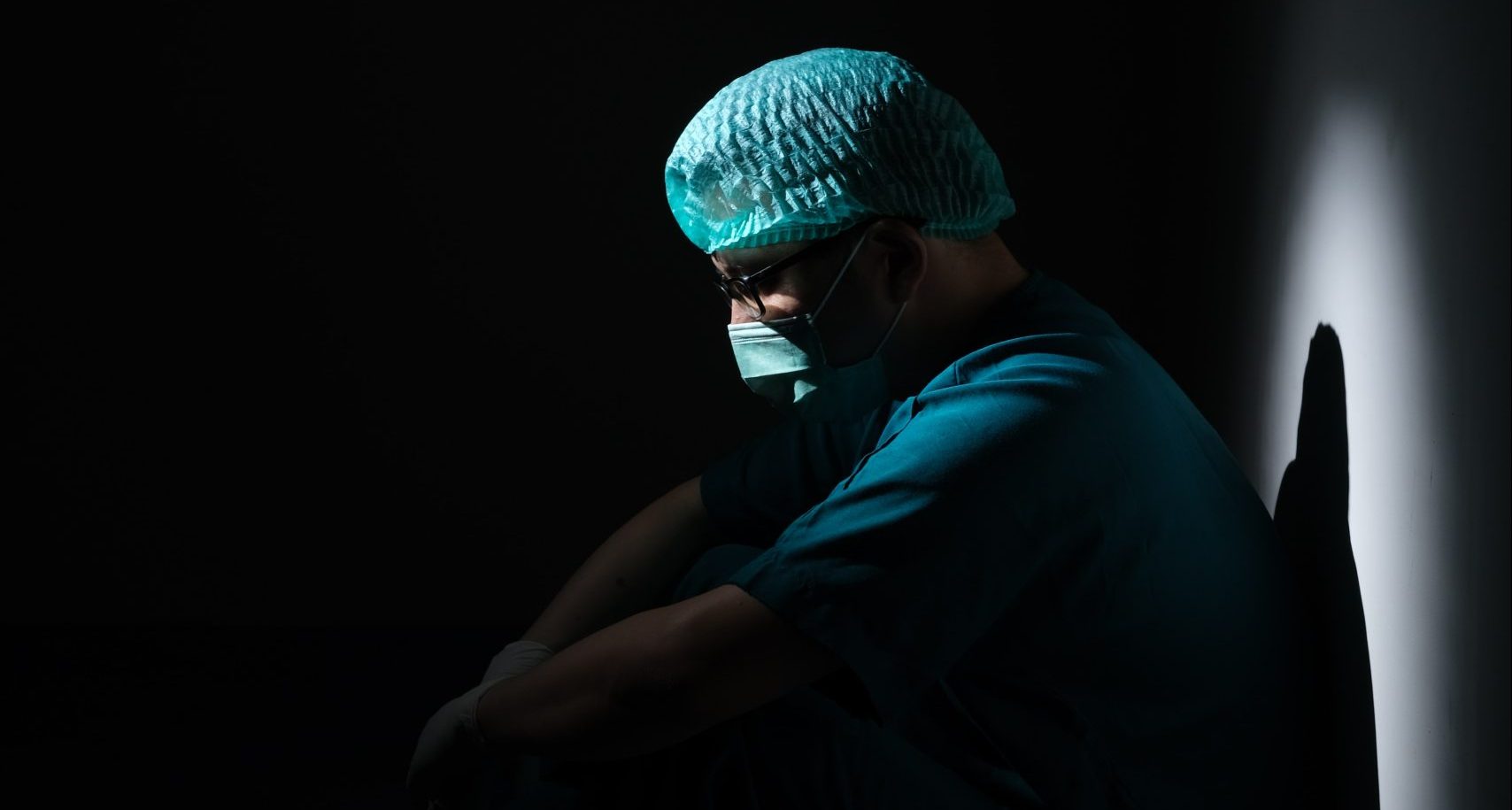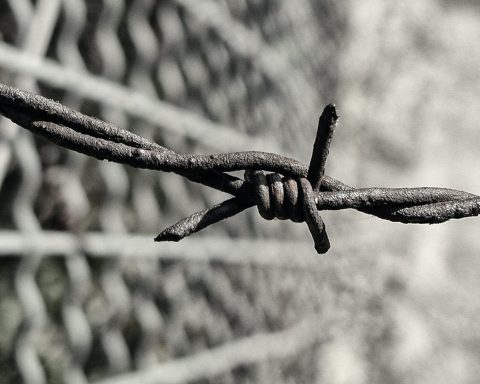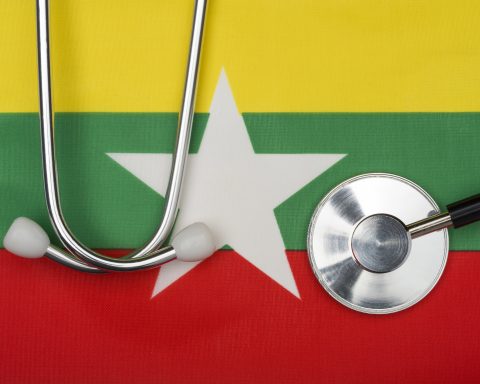
Imagine this: you’re sitting amongst a moderately sized group of doctors of all stages from a particular department. It’s their weekly afternoon teaching session and you’ve asked to attend with them. You are a GP trainee on a GP-plus rotation where you spend some of the week in a practice and the rest in a secondary care specialty. You were not rota’d in that day but because you were very much aware of the minimal time you have in this specialty crucial to general practice and the loss of learning during your rota’d clinic times due to being pulled onto the ward constantly to do FY1 equivalent jobs, you come in on your own hours to gain further learning exposure. The teaching includes pizza and a presentation of cases by one of the consultants. The doctors take turns guessing the answers. At the end of each case, the consultant gives out the correct diagnosis, how the patient ended up under his/her care, and the management plan. A pretty standard teaching session for trainees. Now imagine, that for the majority of cases being presented, the consultant condescendingly – and unnecessarily – adds, at the end of the majority of cases, that they had been diagnosed and managed wrongly by the ‘incompetent’ GP prior to coming to him.
GPs and GP trainees have been accustomed to hearing negative comments about their profession’s competencies and skills – be it from the media or from colleagues in other specialties.
GPs and GP trainees have been accustomed to hearing negative comments about their profession’s competencies and skills – be it from the media or from colleagues in other specialties. The wave of this negativity and denigration shocks us as new GP trainees, but our ears soon become distressingly accustomed to the mockery. While the mainstream media’s viewpoints may be absolved – barely so – and attributed to the use of negative news to maintain readership and an audience as well as a lack of insight from not being on the field. The latter cannot be vindicated of this propagation of stereotypes. Not merely because they are colleagues who have started their journeys similarly or even equivalently and then diverged onto separate paths; but because those paths are congruent and cross in many areas.
The example abovem harping on the ‘incompetence’ of GPs, fails to take into account the narrative of GP training (that requires a whole article on its own); the medical breadth of it; its holistic bio-psycho-socioeconomic nature that goes against those tides; it’s limited appointment times and gargantuan number of patients seen on a daily basis. Contrast this with the prioritized targeted training specialty trainees receive; the focus of the majority of other specialists on a singular or group of organs in the body and/or the requirement of possession of a particular set of skills and management options that are within the same field and do not span a football, ice hockey, baseball and basketball field in one. This is all in addition to longer appointment times, limited patient numbers per day, and availability of extensive and quick resources in secondary care.
GP trainees have rotations in all sorts of specialties. The big elephant in the room everyone ignores is the tendency of specialties to treat the GP trainee as a mere service provider; a rota hole plugger if you will. GP trainees are in the backseat when it comes to training opportunities in secondary care posts. Secondary care glides over the actual reason behind having GP trainees: building their required competencies applicable to general practice. While this may be a generalization and theoretically you are in training for clinically educational purposes, it is the exception rather than the rule for that to be taken into account in rosters. In departments that are understaffed especially – the majority – this may be understandable for preserving patient safety. However, having GPs trained adequately in skills pertinent to their practice is also important for patient safety and reducing service burden thus also indirectly contributing to this. GP trainees could end up doing things like assisting in cesarean sections for the duration of their rotations with minimal to no exposure to gynecology, months on inpatient psychiatry wards, months assisting in surgical operations, and so forth. All the aforementioned are examples of areas helpful for a GP to be familiarized with, but evidently, a waste of training time and opportunity if months are spent on them while overlooking relevant and required GP skills.
The consultant above overlooks the bullseye in the conversation: the need for secondary care specialties to act as allies to GPs by taking the opportunity of the presence of trainees in their departments to train them in areas relevant to general practice.
The consultant above overlooks the bullseye in the conversation: the need for secondary care specialties to act as allies to GPs by taking the opportunity of the presence of trainees in their departments to train them in areas relevant to general practice. That would pose a solution that would later reflect positively on secondary care itself. Rather than criticizing GPs for not having the skills they so desire them to have, they could perhaps utilize the 4-6 months of the trainees’ presence and eager willingness in the department to impart these skills and experience onto them. This would be perhaps more fruitful than say a GP trainee assisting in cesareans throughout the post or being pulled from working in 2-week-wait dermatology clinics to perform jobs on dermatology wards that do not contribute to their required training competencies and for cases that in themselves do not reflect those encountered in GP.
While the solution seems to be complicated by understaffing, it is possible. Rather than using GP trainees as the ‘spare’ rota chess pieces, locums can be hired on days where short staffing is known and clinical fellows to cover gaps that are unfilled. GP trainees allocated to a certain specialty can rotate in different areas of that department between inpatient, outpatient and community rather than stagnating for months in a particular area and not being exposed to the rest which may be more relevant. That way, GP training in skills appropriate to their field isn’t compromised and the department can have its needed staffing. It needs a department willing to adapt to the needs of trainees who will be future colleagues, rather than remain set in its ways for decades to avoid inconvenience. Our career is built on inconveniencing and disadvantaging the trainees (GP trainees in particular), the indispensable future, rather than the upper management. The upper management, however, has not gone through medical training and is probably not aware of these details. Secondary care consultants – especially those in the role of clinical supervisors – should therefore, as their duty, spend time shaking things up and acting as allies to their GP colleagues by training their GP trainees appropriately rather than perpetually and counterproductively criticizing them and using them as spare rota SHOs to move around.








